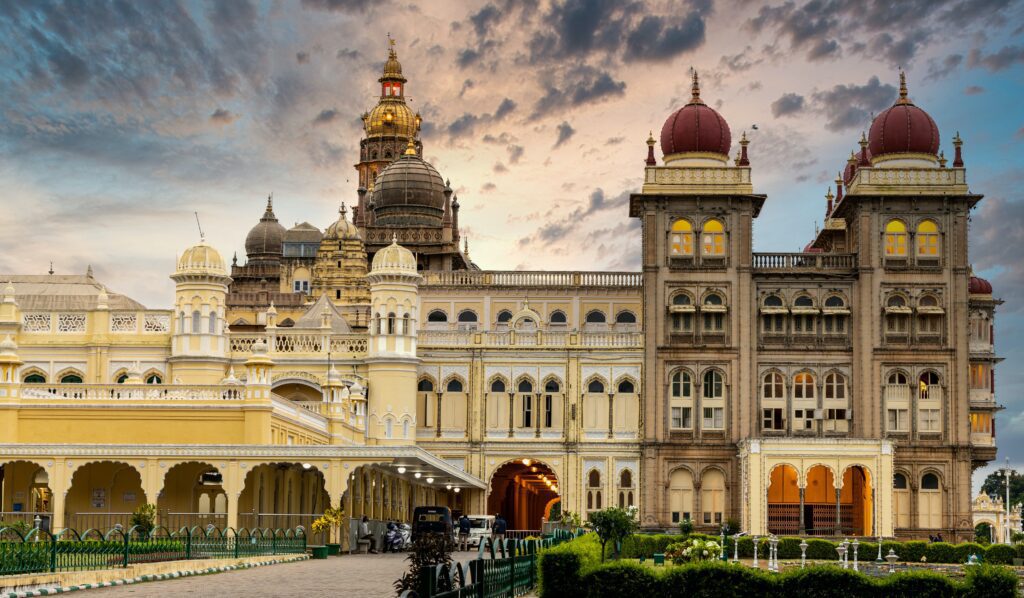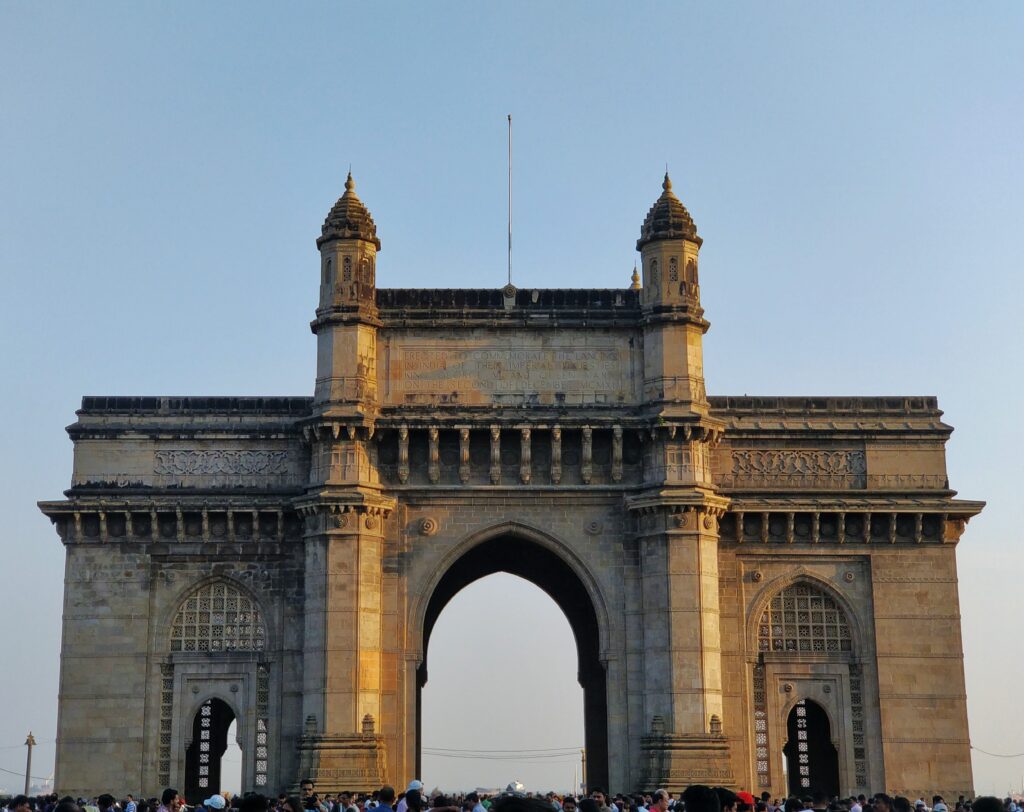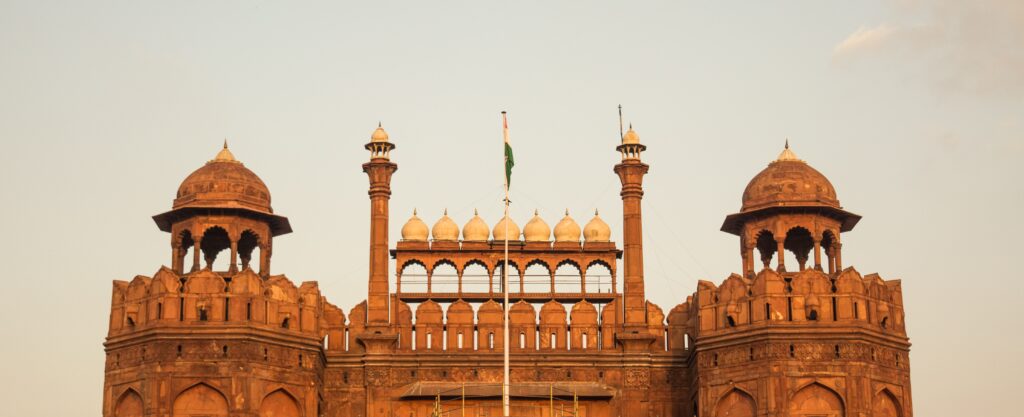Eco-Friendly Travel Options in India, a land of diverse landscapes and rich biodiversity, offers a myriad of opportunities for sustainable travel. From serene eco-resorts to thrilling wildlife adventures, you can explore the country’s natural beauty while contributing to conservation efforts. Here are the top 10 eco-friendly travel options in India:
1. Backwaters of Kerala: Stay on a Green Houseboat
Location: Alleppey, Kumarakom
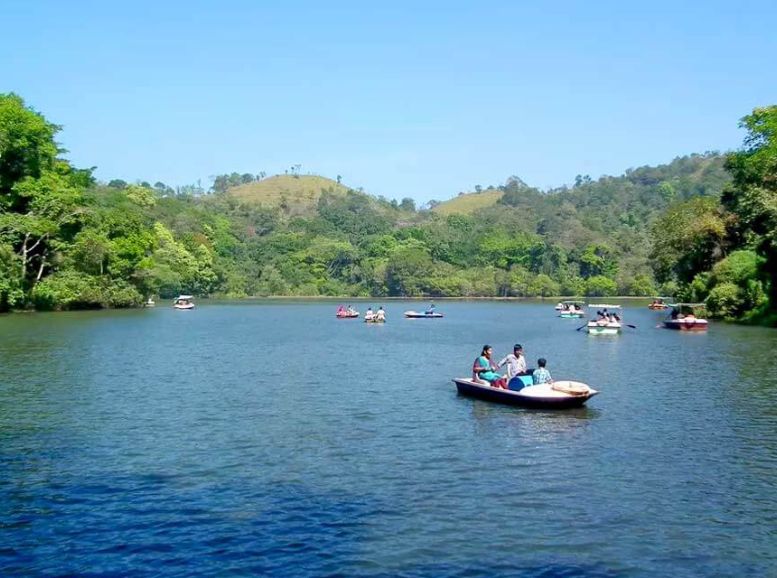

Embark on a serene journey through Kerala’s backwaters aboard eco-friendly houseboats. These solar-powered vessels offer a sustainable way to explore lush paddy fields, rustic villages, and mangrove forests.
Activities: Immerse yourself in the local culture with guided tours of nearby communities, kayak through tranquil waterways, or learn about traditional fishing techniques. Indulge in farm-to-table meals featuring fresh, organic ingredients sourced from local farms.
2. Sundarbans National Park: Mangrove Conservation Adventures
Location: West Bengal


Embark on a sustainable adventure through the Sundarbans, a UNESCO World Heritage Site renowned for its vast mangrove forests and the majestic Royal Bengal tiger. Eco-tours in the Sundarbans prioritize wildlife conservation and mangrove protection.
Activities: Explore the intricate network of waterways on guided boat safaris, learn about the delicate ecosystem and local conservation efforts, and visit specialized conservation centers. Stay at eco-friendly lodges that support local communities and promote sustainable tourism.
3. Spiti Valley: Sustainable High-Altitude Living
Location: Himachal Pradesh
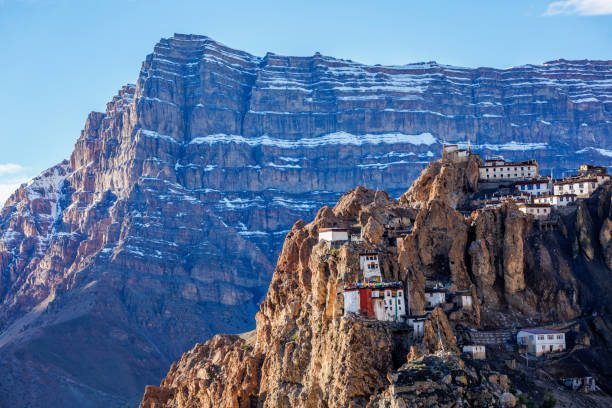

Immerse yourself in the pristine beauty of Spiti Valley, a high-altitude desert region renowned for its breathtaking landscapes and eco-friendly communities. Experience the traditional way of life in ancient monasteries and villages that practice sustainable farming.
Activities: Participate in eco-village experiences, volunteer at local schools, or join waste management initiatives. Stay at homestays that utilize solar energy and promote responsible tourism by minimizing plastic waste.
4. Mawlynnong: Asia’s Cleanest Village
Location: Meghalaya


Discover the pristine beauty of Mawlynnong, Asia’s cleanest village. This remarkable community prioritizes cleanliness, waste management, and organic farming. The village’s bamboo-based infrastructure and community-driven tourism initiatives promote sustainable living.
Activities: Embark on nature walks through lush forests, marvel at the iconic living root bridges, and learn about the Khasi tribe’s eco-friendly practices. Savor fresh, locally grown produce and explore the serene landscape, free from plastic pollution.
5. Periyar National Park: Wildlife Conservation Tours
Location: Kerala


Immerse yourself in the lush greenery of Periyar National Park, a renowned wildlife sanctuary committed to conservation. Join eco-friendly tours and guided treks to explore the park’s diverse ecosystem and encounter its rich wildlife.
Activities: Embark on guided treks led by experienced forest rangers, enjoy thrilling bamboo rafting adventures, and engage in responsible wildlife spotting. Stay at eco-lodges that contribute to conservation efforts and offer sustainable amenities.
6. Ziro Valley: Organic Farming and Tribal Culture
Location: Arunachal Pradesh
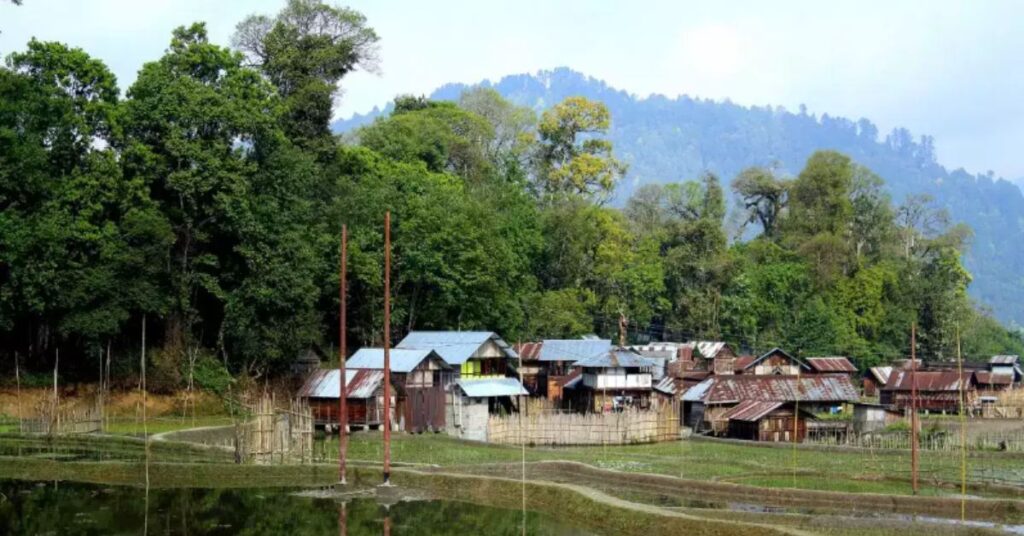

Discover the serene beauty of Ziro Valley, a hidden gem in Arunachal Pradesh. This picturesque valley is renowned for its rolling hills, vibrant festivals, and sustainable farming practices. The Apatani tribe has perfected a unique system of paddy-cum-fish farming, exemplifying organic and eco-friendly agriculture.
Activities: Immerse yourself in the local culture by attending the Ziro Music Festival, a celebration of music, art, and sustainability. Explore the lush bamboo forests, learn about the rich traditions of the Apatani tribe, and savor the delicious organic produce grown in the valley.
7. Coorg: Coffee Plantation and Forest Retreats
Location: Karnataka
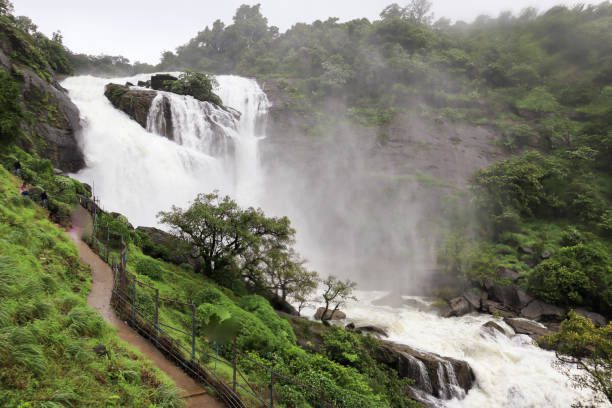

Discover the lush landscapes of Coorg, often referred to as the “Scotland of India.” This region boasts a rich biodiversity and is home to several eco-friendly coffee plantations. Many of these plantations operate as sustainable retreats, dedicated to preserving the local flora and fauna.
Activities: Embark on guided plantation tours to learn about sustainable coffee farming practices, trek through the lush rainforests, and indulge in birdwatching in protected areas. Stay at eco-resorts that prioritize renewable energy and responsible waste management.
8. Kaziranga National Park: Rhino Conservation
Location: Assam
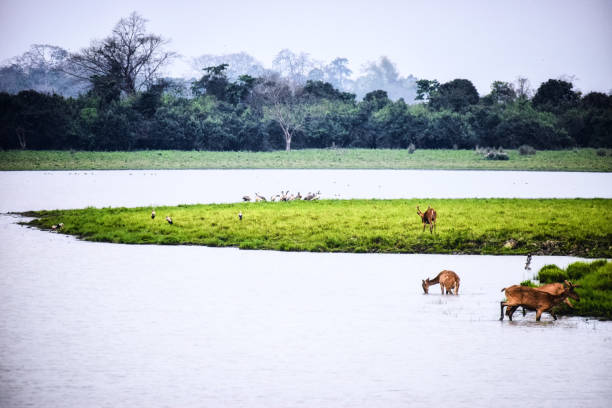

Immerse yourself in the breathtaking beauty of Kaziranga National Park, a UNESCO World Heritage Site renowned for its successful conservation efforts, particularly for the Indian rhinoceros. The park promotes eco-tourism by limiting visitor numbers and prioritizing sustainable practices.
Activities: Embark on guided jeep safaris to encounter the majestic Indian rhinoceros and other diverse wildlife. Visit rhino monitoring centers to learn about conservation initiatives and anti-poaching efforts. Stay at eco-friendly camps that provide sustainable accommodations and support local communities.
9. Auroville: A Global Sustainable Community
Location: Tamil Nadu


Immerse yourself in the utopian vision of Auroville, an experimental township dedicated to sustainable living and human unity. This community pioneers organic farming, renewable energy, and eco-friendly architecture.
Activities: Participate in workshops on permaculture, volunteer at organic farms, or explore the innovative eco-friendly architecture of the township. Stay at guesthouses that utilize solar power, compost waste, and promote conscious living.
10. Ranthambore National Park: Responsible Wildlife Safaris
Location: Rajasthan


Embark on a thrilling wildlife safari in Ranthambore National Park, one of India’s premier tiger reserves. The park prioritizes tiger conservation and sustainable tourism practices.
Activities: Join responsible wildlife safaris led by knowledgeable naturalists who educate visitors about the importance of conservation. Choose eco-friendly resorts that support local communities and utilize sustainable resources.
Conclusion – Eco-Friendly Travel Options in India
India beckons with the promise of exploring its diverse landscapes through eco-friendly travel, allowing you to be a part of the solution. From the serene backwaters of Kerala to the stark beauty of Spiti Valley’s high-altitude deserts, these experiences transcend sightseeing. You’ll witness breathtaking scenery while contributing to conservation and sustainable practices. Choose responsible travel options and embark on a journey that not only creates unforgettable memories but also ensures India’s natural and cultural treasures are preserved for generations to come. Plan your eco-adventure with Xplro.com, your guide to exploring the soul of India.
FAQs
What does eco-friendly travel mean, and why is it crucial?
- Eco-friendly travel focuses on minimizing the negative impact of tourism on the environment. It involves practices like reducing waste, conserving natural resources, and supporting local communities. This approach is essential for preserving natural ecosystems and ensuring sustainable tourism for future generations.
What are some of the top eco-friendly destinations in India?
- Popular eco-friendly destinations include Kerala’s backwaters, Spiti Valley in Himachal Pradesh, Sundarbans National Park in West Bengal, Mawlynnong in Meghalaya, and Ziro Valley in Arunachal Pradesh. These places prioritize sustainability, conservation, and eco-conscious tourism practices.
What should I pack for an eco-conscious trip in India?
- Bring reusable items like a water bottle, tote bag, and metal straw. Opt for biodegradable toiletries and avoid single-use plastics. Lightweight, versatile clothing can reduce the need for excessive luggage, and sustainable products like bamboo toothbrushes are also helpful.
Are eco-friendly accommodations widely available in India?
- Yes, you can find eco-friendly stays throughout India, including eco-resorts, homestays, and eco-lodges. These establishments often use renewable energy, practice waste management, and emphasize environmental conservation while supporting local communities.
How can I travel more sustainably across India?
- Use public transportation, walk, or bike to reduce your carbon footprint. Choose accommodations that are committed to sustainability, eat at local restaurants that source ingredients nearby, and minimize waste by using reusable items.
What are eco-friendly activities to try in India?
- Engage in activities like bamboo rafting in Periyar National Park, exploring sustainable farms in Auroville, or trekking in Spiti Valley. Wildlife safaris in Ranthambore or Kaziranga National Park, guided by conservationists, also offer responsible adventure opportunities.
Is visiting remote eco-friendly areas in India safe?
- Yes, but it’s essential to plan well. Research your destination, pack necessary safety gear, and have emergency contacts handy. Traveling with a local guide can enhance safety and provide a more authentic experience while exploring these remote areas.
Can travelers participate in environmental conservation projects?
- Yes, there are numerous opportunities for visitors to get involved. From volunteering for tree-planting initiatives in the Western Ghats to joining waste management drives in Spiti Valley, you can actively support conservation during your travels.
How does choosing an eco-resort benefit the environment?
- Eco-resorts implement sustainable practices, such as using renewable energy, composting waste, and conserving water. By staying in these places, you help support environmentally responsible tourism and contribute to preserving the local ecosystem.
Are there rules for visiting national parks in India?
- Yes, national parks have strict regulations to protect wildlife and their habitats. Visitors must follow guidelines like staying on designated trails, avoiding litter, and refraining from making loud noises. Respecting these rules is crucial for conserving the area’s biodiversity.
What should I consider for a more eco-friendly wildlife safari?
- Opt for safari operators that prioritize conservation and use low-emission vehicles if available. Follow all safety instructions, keep a respectful distance from animals, and never leave waste behind. Additionally, ensure your presence doesn’t disturb the natural surroundings.
What makes Auroville an eco-friendly travel destination?
- Auroville, located in Tamil Nadu, is a community dedicated to sustainability and environmental harmony. It promotes practices like organic farming, renewable energy use, and eco-friendly construction. Visitors can participate in workshops, explore green architecture, and learn about sustainable living practices.




